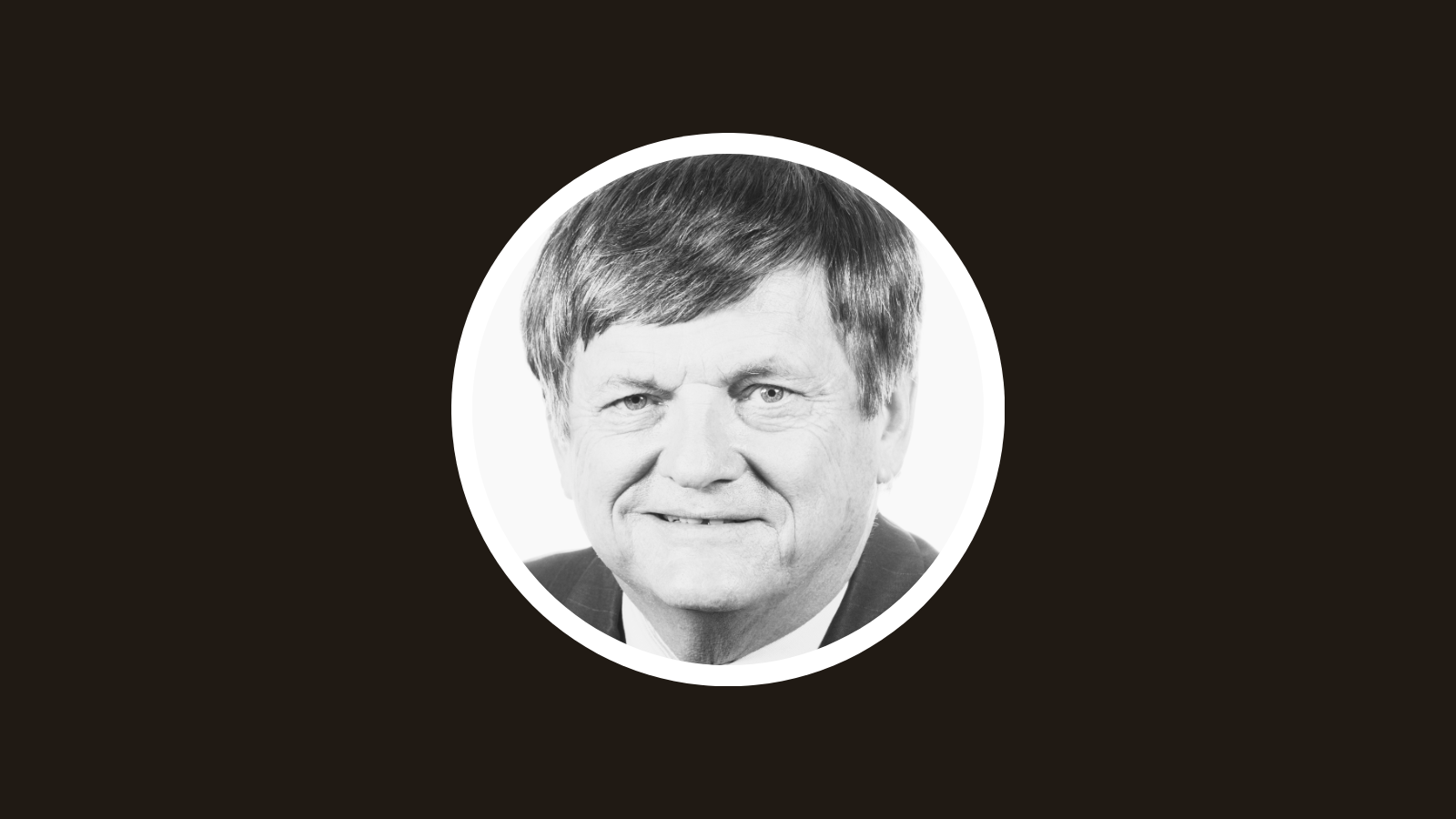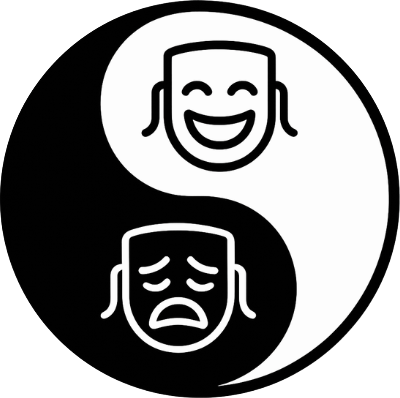#Verified: Dr Phil Jauncey
Dr Phil Jauncey is not your everyday performance psychologist. With four degrees and over fifty years of clinical experience, Phil sits in a league of his own. Sports psychologist to the Australian Olympic team on three occasions, Phil has also worked extensively with actors and musicians.
Here, we speak to Australia's "Dr Phil" about his rebellious streak, his approach to goal setting, and the "handbrakes" to success.

You’ve worked with some of Australia’s most elite performers. In your experience, what separates the top 1% from the rest?
Phil Jauncey: To make it to the top, you have to make an investment. I don't use the word "sacrifice". Never "sacrifice" for your profession. Because "sacrifice" is like somebody going on a diet and sacrificing cream buns to lose a couple of kilos of pork. And when they lose it, they go back to eating the rotten stuff because it was a sacrifice.
I had a state rugby league player come to me a few years ago. He was trying to get to the NRL – the highest level. And he said, "My mates keep wanting to go out on Friday nights". And I said, "They're not your mates because they want you to leave what's important to you, and they don't care about your investments. You've got to ask yourself which is more important: these so-called 'mates', or making it?" He didn't go out with his mates, but he ended up making the NRL.
That was years ago. Now he's retired, he can go out with his mates. But it's amazing – [those guys] aren't his mates [anymore]. He's got other people who made investments in their lives. People who took responsibility. They're the ones that are now his mates.
You're somewhat of a rebel psychologist – you don't believe in positive thinking. Can you talk to us about your alternative, positive doing?
PJ: Traditionally – in all areas of performance – they say you've got to be positive. I say if you believe in positive thinking, if you believe in being positive, then give up. You'll never make it. Because that's saying unless I feel positive, I can't act positively, and that's absolute rubbish.
My dad was a psychologist, and years ago a man said to him, "Dr Jauncey, I've fallen out of love with my wife. I want to divorce her". My dad said, "Fine. For the next five days, do something special for your wife every day. On the sixth day, we'll talk about divorce". The man came back on the sixth day and said, "Dr Jauncey, I'm embarrassed". My dad said, "Why?" [The man replied], "I've fallen in love with my wife". See what happened? He was waiting to feel romantic to act romantically, but it's the other way around. I don't always feel like a loving dad. I don't always feel like a loving husband. But I can always act like one, and when I act like one, I start feeling like one.
The only thing that we can control are our behaviours. And one of my favourite questions I ask people is: if you were arrested on charges of trying to be successful, would there be enough evidence to convict you?
Oooh, that question is an awesome way of framing it! Are you equally as rebellious in your approach to goal setting?
PJ: I talk about the difference between an aim and a goal.
Grant Hackett, a few years ago, broke a world record... And came second to a guy named [Ian] Thorpe. He broke a world record. His aim was to win. Your aim is to get the role. But you can do everything right and not get it. So an aim [is something that], if you don't achieve it, you can accept it as long as you don't have regret.
How do you help your athletes navigate the emotions that can lead to self-sabotage and regret?
PJ: I have four degrees in psychology. 50 years of clinical experience. I can't control my mind and I can't control my emotions. What chance do you have?
Nerves are fuel. And fuel in your car is really good. The University of Melbourne did a study of my stuff in 2012 at ANAM (the Australian National Academy of Music). I had two groups. The group I worked with – they weren't surprised – did better than the group I didn't work with. What surprised them was the performance anxiety was the same. They thought anxiety is bad, but anxiety isn't bad. Energy is good. Anxiety helps you perform.
So much emphasis has been put on how you feel before performance. The emphasis should be on how you feel afterwards. If you have disappointment [i.e. you didn't attain your desired outcome], that's acceptable, but you don't regret.
[Additionally] – and this is a major area where I differ with my colleagues – my colleagues tend to believe that emotional pain is bad. I believe emotional pain is good. It's a really important thing in life that we've been given: the ability to note what we're doing isn't working.
If a fire goes off on the floor in my office here, and the alarm goes off, I don't turn off the alarm first. But when I put out the fire, guess what? The alarm goes off. So when people have negative emotions, I say that's really good. What your brain is telling you is that what you're doing right now isn't working. So if you're feeling negative on stage and you say, "I'm going to be positive", you're just anaesthetising your pain, which means you won't change what you're doing ... Go back to, "Am I doing what I'm doing when I'm performing well? Am I doing that 100% of the time?"
Don't deny pain. Acknowledge pain. Don't turn off the alarm until you've dealt with the cause.
You also speak about the "handbrakes" to success – factors that hinder us. Can you name what a few of these are?
PJ: The major handbrakes are the things we've been talking about: people worrying about what they can't control, being "positive", and thinking doubt is bad. And worrying about getting bad reviews. [Laurence] Olivier got bad reviews. How many people would like to have a career like his? The Mousetrap got criticised originally. Obviously hasn't lasted long, has it?
The only thing I should focus on in performance is: what are my goals? What are the behaviours that give me the best chance? And my goal is to execute there. My aim is to not have regret, to do my darndest, and to make people around me look good.
Phil's qualifications: BA (Hons) Psychology, Master of Psychology (Counselling and Educational), Doctor of Psychology (Counselling and Educational).
Big props to Phil for his time. If you’d like to find out more about Phil's work and say hello, let him know you’re from the Dojo 👊
